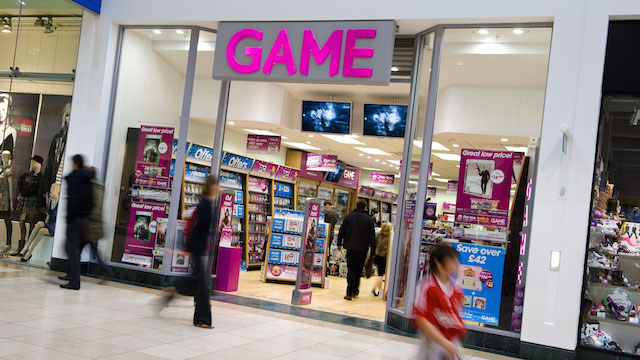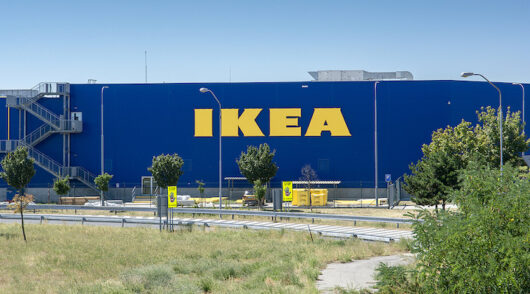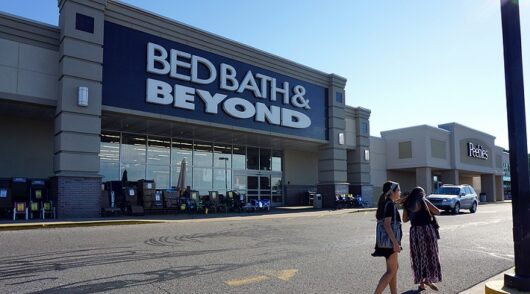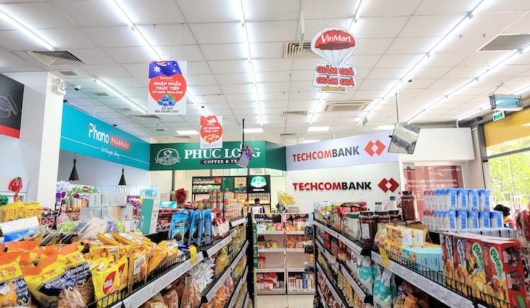Having ridden the wave of Next Gen console launches to climb back into prosperity, UK retailer Game has come back down to earth with a bump.
Overnight, the listed group reported revenue of £549.2 million for the 26 weeks to 23 January 2016, a 6.3 per cent fall from £585.9 million a year earlier. Pre-tax profits declined by 32.2 per cent to £22.5 million, from £33.2 million.
The results reflect more disappointment after a very tough festive period, with GAME continuing to feel the pinch in a UK market that is headed in a solidly downhill direction.
Game continues to point the finger at recent dynamics in the UK games market for its current malaise, conditions that are no surprise given the chequered history of this cyclical market, known for its ups and downs in the wake of new hardware launches. Of course, there is not much Game can do to turnaround the prevailing market trend, but given its past history and the predictability of the decline in hardware sales and older format software, perhaps it could have embarked on its current strategy of revenue diversification sooner.
Moves to add features such as product repair and protection plans seem like a logical next step though are unlikely to be major breadwinners, while recent efforts to enter the lucrative broadband, TV and mobile phone package market seem a little speculative, given the dominance of the likes of Sky and BT in the sector.
Expanding its pre-owned business to include mobile phones and tablets, PC gaming hardware and accessories, digital content, licensed merchandise and Virtual Reality products may prove more fruitful, as these initiatives set it apart from mainstream competitors like Dixons and Argos. Most promising of all though, are its moves into the events space, with its acquisition of Multiplay meaning it now runs the UK’s biggest gaming festival, Insomnia, while it is fast making inroads into the burgeoning esports scene.
Game’s current strategy is set to put it on the right track to avoid the pitfalls of a dependency on software and hardware sales. Growing a business that is much more geared towards events, add-on services and pre-owned hardware and software should set it apart from much of the competition and, to an extent, future proof the business from the inevitable shift to downloads and streaming.
This future is likely to require a dramatically slimmed down proposition though, and Game must begin the painful process of trimming the fat from a bloated store portfolio, a process it is set to begin in earnest.
Reducing its costs base significantly will be vital if a smaller, leaner Game is to survive and thrive in this brave new world for the games industry.
David Alexander is an analyst with Verdict Retail.






